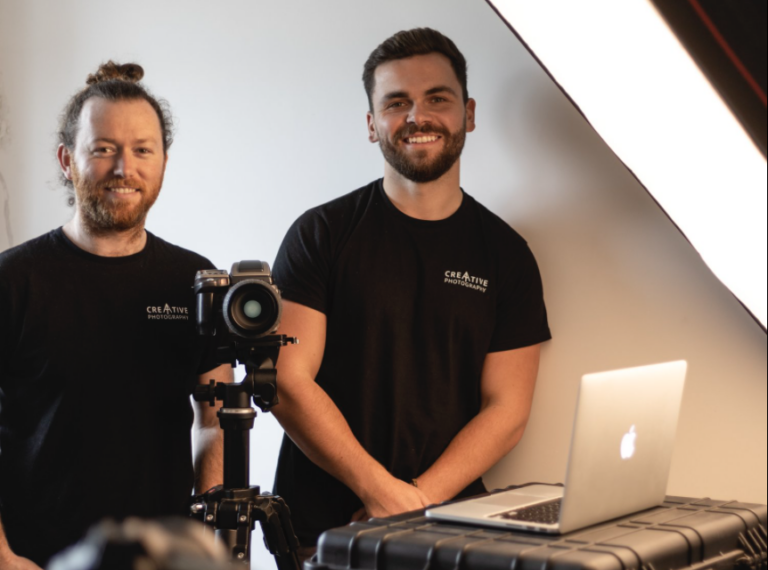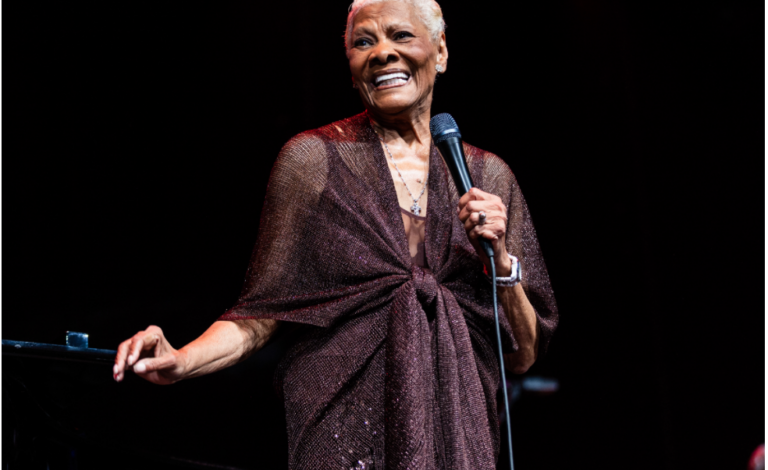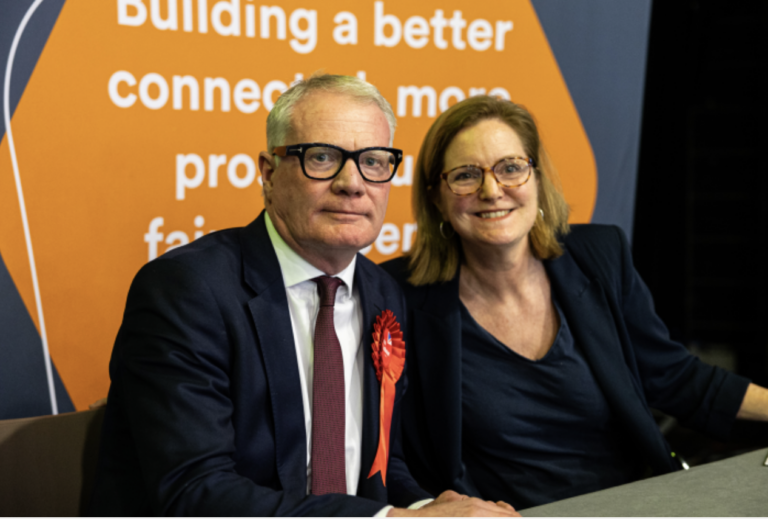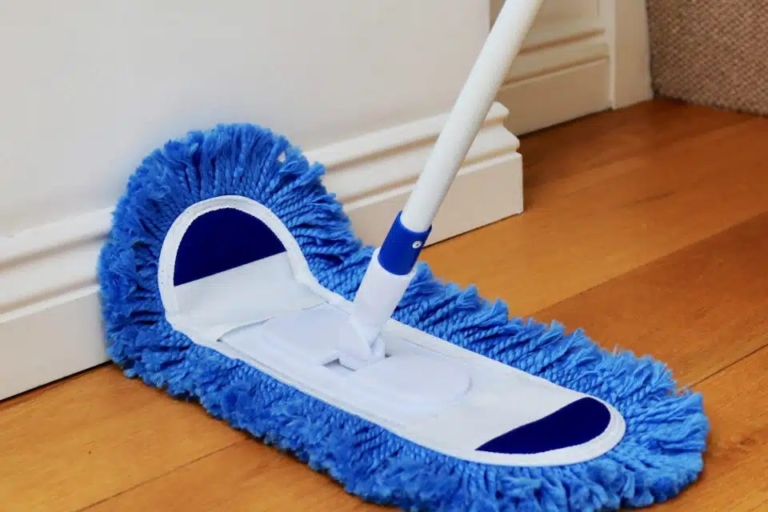Peter Harrison - Furniture Village
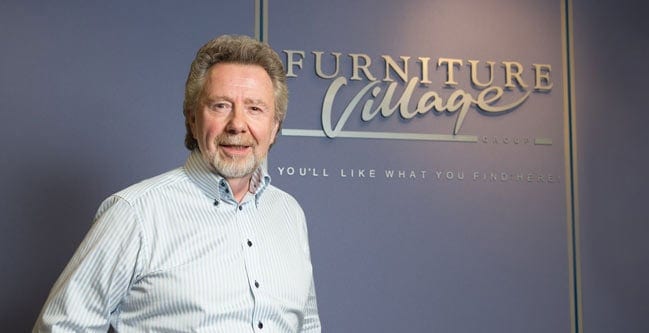
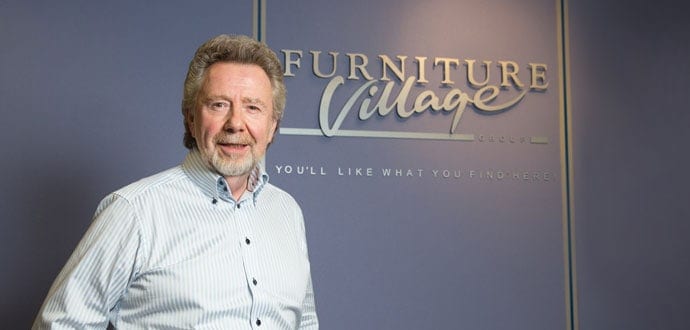
Twenty-three years ago, Peter Harrison opened the first Furniture Village store in Abingdon. Since then, he has grown the business into the UK’s largest privately-owned furniture chain, with 40 stores throughout the country. It’s quite a success story, particularly given a tough market. In a rare interview, he talked to Eleanor Harris about why he couldn’t think of anything worse than appearing on the Rich List, and how passion is paramount.
Peter Harrison is founder and chief executive of Furniture Village, which has its group office in Slough. He was born in Derbyshire in 1946 and, with his father in the airforce, he travelled around the world during his childhood, going to boarding school at the age of 12 and being “very self-sufficient early on”. He studied civil engineering at university but left early and moved to London, where he got his first job as a management trainee at UDS, which later became Allders Department Stores. He spent 20 years at Allders, rising through the ranks to become a main board director. A brief spell at Gillows followed, and in 1989 he set up Furniture Village. Today, the company has 752 employees and achieved a turnover of £173 million last year. It has won six Furniture Retailer of the Year accolades, Harrison won Deloitte’s Director of the Year for retail for the south in 2011, and was a finalist in the Ernst and Young Entrepreneur of the Year for the south in 1999. A self-confessed rugby nut, he is also a trustee of the Matt Hampson Foundation and of the Anthony Nolan Trust. He is married with two children and three grandchildren and lives in North Surrey.
How did you get into the furniture business? Is it something you’ve always been passionate about?
I’ve been in retail since I was 19, I grew up in retail. I answered an advert that said “Join UDS and see the world”, so they sent me to Clapham Junction. I became a store director at the Arding & Hobbs department store, then marketing director of Allders in my early 30s, and then a main board director – I made it my business, I loved it, and I learned so much. I left when I was 40. I always wanted to open my own business and I felt that there was a big opportunity in the market for a better-end furniture retailer out of town. At Allders I put forward a case to say we should go out of town, selling everything you need to make a home, but Hanson, who owned Allders at the time, didn’t want to do that so I decided to go and try and do it myself.
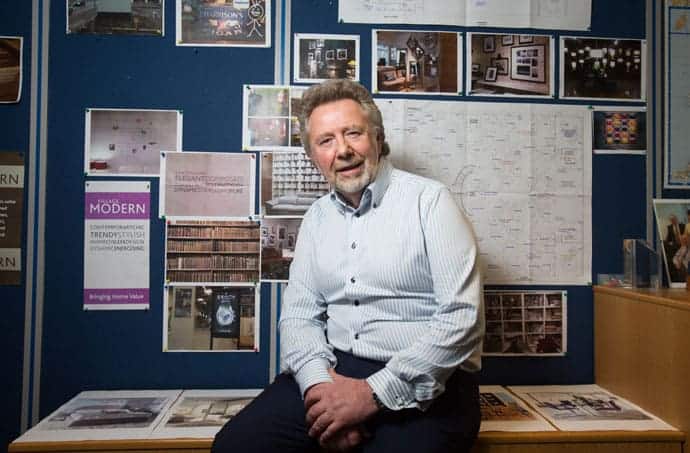
How did you take the leap and set up your own company?
I needed an expert buyer – at Gillows I met David Imrie, and we decided to open our own business. It was on the eve of a major recessionary time, the late 80s, and there wasn’t a lot of money. David and I remortgaged our houses and put money in, and Cadogan Estates backed us, and we opened our first store in Abingdon. Over a passage of time, Cadogan made a modest investment. If we’d just had one store and then gave birth to another one store, it would have gone on forever, we had to accelerate it a bit, but 12 years later, with the help of the Bank of Scotland, we bought them out, they had a 50-times return on their investment. It was worth every penny, we’d never have done it without them. At that time we probably had 25 stores – today we’ve got 40.
Tell me more about the growth of the business?
Sometimes we’d open one store, one year we opened seven – in 2000, the opportunities were there and we took them. We had another management buyout in 2007, when we bought out the bank as well and David retired. When we were building the business it was hard, I worked six days one week and seven days the next for 18 months, didn’t take a holiday, and didn’t take a salary for the first six months. I thought I knew it all – your plans are always more ambitious than reality, but that’s what sees you through, you’re not going to build a business by thinking I’ll never do that. We now have 752 people, I know pretty much everybody’s name in the business, I phone the shops every weekend and visit the stores as much as I can. My business is built on people. People are our greatest asset, and I mean it.
You’re the biggest independent furniture chain in the country – how would you account for your success? And in a tough market, how do you keep the edge?
People – getting the best out of people, getting the best people. We’re looking at new products all the time, new ideas, new markets, new ways of doing things. This is not a boardroom, it’s a war room, you’ve got to fight out there, this market is horrendous, it’s incredibly tough. We travel to America, Milan, we’ll see ideas and say we’ll try that. There’s so many ideas, the key to it for me is travel, keeping your eyes open and never thinking you know it all. We design stuff, we’re just doing a whole new contemporary range, so while our key audience is a maturer audience, we’re also very keen to appeal to a younger audience too, so we’re expanding the market. You have to constantly evolve. As the market has got tougher and tougher we continue to put more and more emphasis on value, but you’ve got to have good quality as well, and interesting design, and choice – we’re one of the few that have upholstery, cabinet furniture, tables and chairs, and beds all under one roof. And not everybody can replicate what we have in terms of the warmth in the stores, that is so important to me, and service. We’re not perfect, we try so hard to offer good service and to follow it through because it’s not a well-served industry, so we constantly work at that to make sure it’s done well. When you go into the shops you see “Love your home”. We’re a slightly alternative furniture retailer – we’re quite aggressive, you’ve got to be today, everyone wants value, and our strapline is “bringing home value”, but its bringing home to your home value: there’s much more to us than just banging it out at four-years interest-free and half-price.
How will Furniture Village continue to grow and evolve?
Online is obviously an extraordinary channel of opportunity so we’re pushing online, developing rapidly. We’re doing our own videos for online, and we’re working on Village Direct online, doing furniture to let. We’re going to open one or two stores a year, we’re just moving our Croydon store to a bigger building which is 40,000 feet, we’ve got a new store in Ipswich opening later this year, and we could open a couple more stores around London. We’ve got the London Bed Company which we trade in Selfridges and we do incredibly well there. We did have two or three London Bed Company shops but we’ve learnt that little furniture shops don’t really work for us, we’ve got to have a big shop with a big manager, a big budget and big advertising, that’s what works. There’s plenty of places for us to go yet, if we want to. There isn’t really a need, we’re a different kind of business – not that we lack ambition, but I don’t want to go on the stock market, I don’t want to be the biggest, but when you get to our size, all of a sudden everyone thinks ooh you better double your stores, go on the stock market, get private equity backing, make millions and appear in the Rich List and I couldn’t think of anything worse, I’m not interested in it at all, I’m not driven by money.
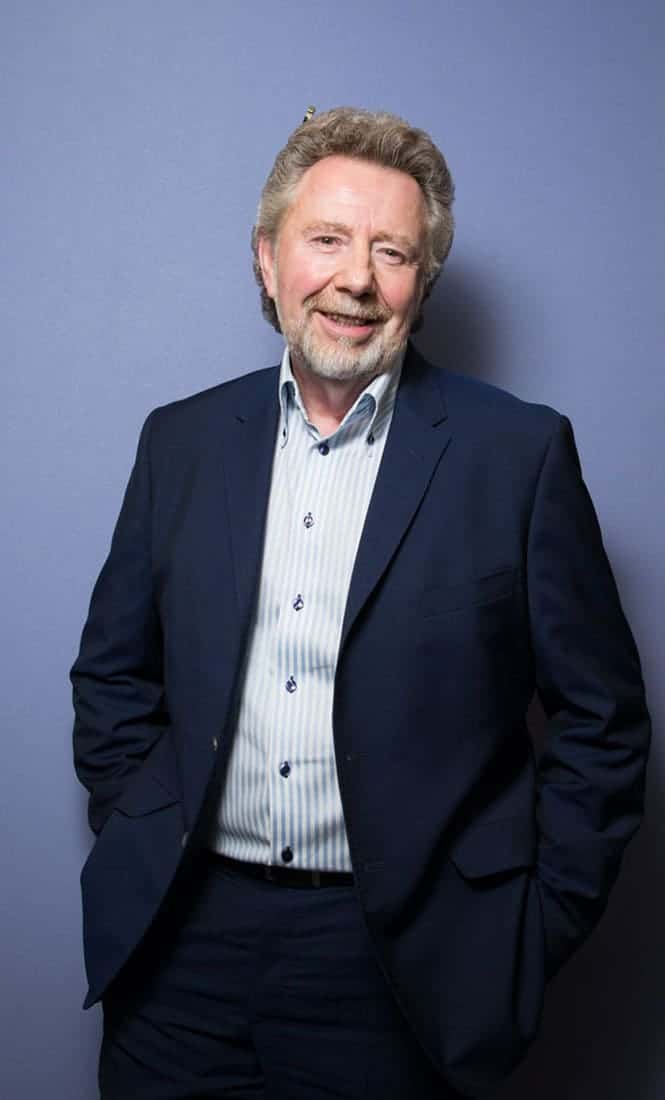
Last year you chose to invest for the future over profits?
Yes, we’re a privately-run business, all the shares are owned by the people who operate it. The market is obsessed with profit and returns, even to the expense of your future and your people. If you could get short-term gain without jeopardising long-term prosperity that would be great, but if your short-term gain is at the cost of long-term prosperity, at too much cost…that’s a pretty big balancing act. We had outgrown our central distribution so moved from a 55,000 sq ft central warehouse to a 100,000 sq ft one, and we’ve put a learning and development academy in there for training, the online team is in there, and a centralised service with a whole new system, so that’s all investing for the future, and this is nobody else’s money but our own. We’ll keep the business secure, we know what we need to do, even if the market is tough.
What would you consider your greatest achievement?
Being here. We’re the only management buyout in our sector that’s ever survived, and we’ve done it twice. I love having a strong business that has a purpose. To me, entrepreneurship is about providing something that people want, it’s amazing satisfaction, absolutely amazing. My achievements are seeing other people’s achievements, seeing my people grow. Last year we gave 47 10-year long-service awards on one night, and three 20-year awards – so, developing a business where people want to work, and like it, and stay. A couple of years ago we had a 2 billion of sales, and had served over a million customers from one shop. That sounds like things that Tesco and John Lewis do, and here we are, quietly getting on with it, no fuss.
Do you have any unfulfilled ambitions?
Hundreds. I’m not the youngest bloke going but I’m not the oldest either, I keep pretty fit. The biggest thing is that I want the business to go on and on and on, and to do the things that we believe in – serve customers right, give a customer a good deal and do what you say you’re going to do. Keep the quality of the product, but just find ways of making it seriously good value. Just make it better is the main ambition, you always make it better, always.
If you couldn’t get to work for a day, what would you do instead? What makes you tick?
I’ve always got in. I broke my ankle once, went to the hospital and said “take the plaster off, I can’t go to work when I’ve got that on it”. Broke it in three places, got screws in it, took it off 24 hours later, got in the car and went to work. I’d get to work. But in fairness, I’ve got a shop 10 miles from me, or another one 6 miles away. Work for me is a shop, I love retail, and I love furniture. You must be passionate, passion is right at the top in any business; you’ve got to love the product. So I’d get to the shops, or I’m a great rugby fan so I go to most of the games, I go to all the Six Nations, or I might just go and pick up my grandchildren and take them somewhere. There’s always plenty to do.
Peter Harrison: Furniture Village








